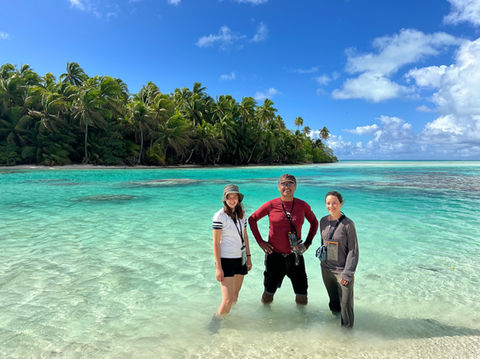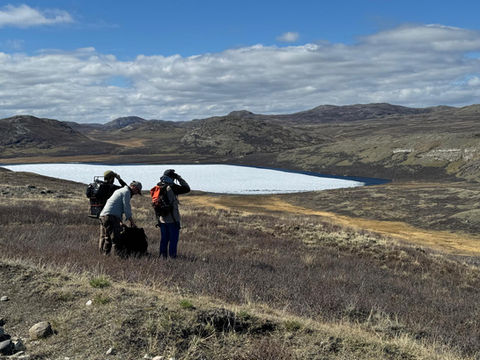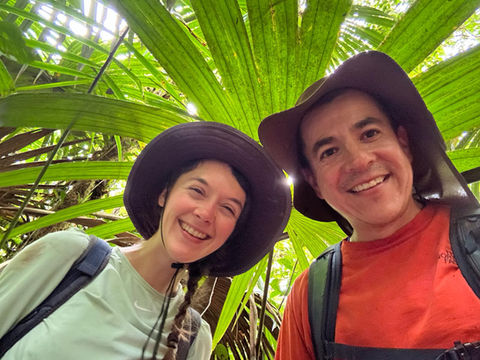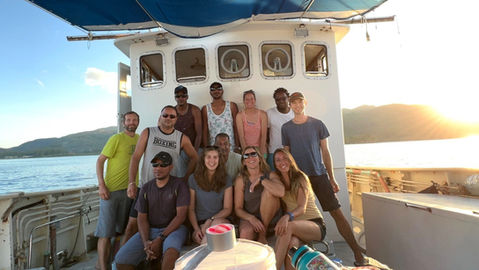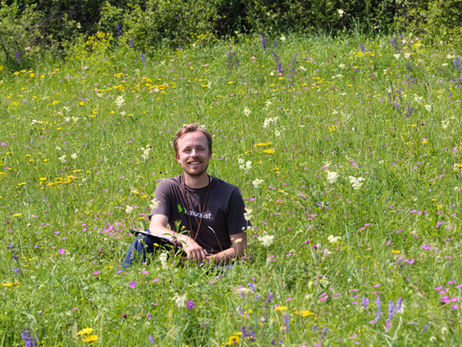Oxford
Ecosystems

The Oxford Ecosystems and Biodiversity Programme explores the functioning of ecosystems worldwide, with a particular emphasis on tropical ecosystems - the approaches we use span field ecology, earth observations, modelling and social sciences
WHO ARE WE?
We have a diverse and inspiring group of researchers in and affiliated to the Ecosystems and Biodiversity Programme in the Environmental Change Institute at the University of Oxford.
Our students, researchers, project assistants and visitors come from across the world, bringing with them a passion for the ecosystems in which they work.

WHAT DO WE DO?
The Oxford Ecosystems and Biodiversity Programme is led by Professor Yadvinder Malhi and Associate Professor Jesús Aguirre-Gutiérrez, and has a portfolio of projects which investigate ecosystem function and structure, traits, water and nutrient cycling; vegetation and soil properties; and plant ecophysiology. There are currently three research groups under the Ecosystems and Biodiversity Programme, the Ecosystems Lab led by Prof. Malhi, the Functional Biodiversity & Earth Observation Lab led by Associate Prof. Jesús, and the Biodiversity & Behavioral Science Team (BBeST) led by Diogo Verissimo.
Our research aims to understand how contemporary ecosystems function, and how they are affected by global atmospheric change and anthropogenic activity. We carry out intensive field observations of carbon, multi-decadal and large scale monitoring and analysis of ecosystem structure, composition and dynamics; interdisciplinary studies of socio-ecological systems at agricultural and forest frontiers; quantitative modelling of ecosystem ecophysiology and biogeochemical cycling; satellite remote sensing at local, regional and global scales; and macro-ecological analysis of plant function and traits. Further, with the addition of BBeST to the research programme, we now examine the psychological, social, and economic drivers of behaviours related to wildlife trade, natural resource use, and conservation policy compliance.
